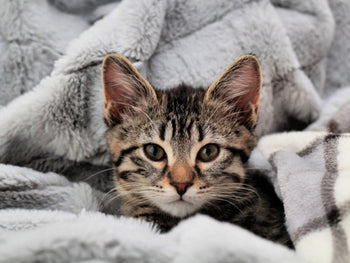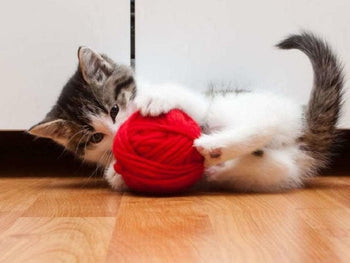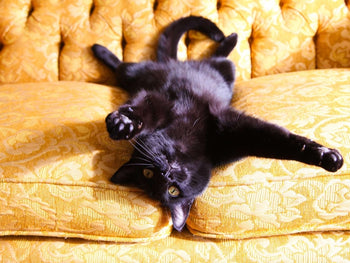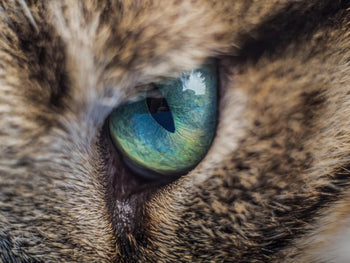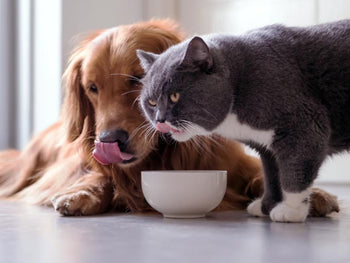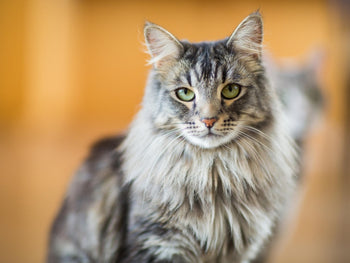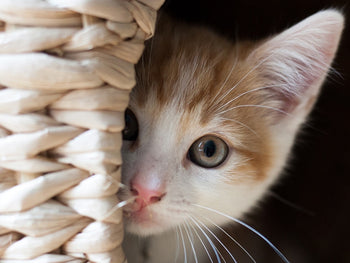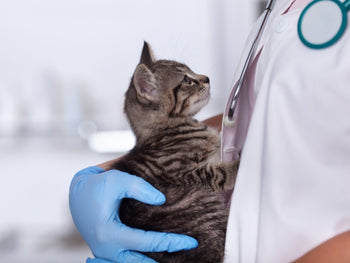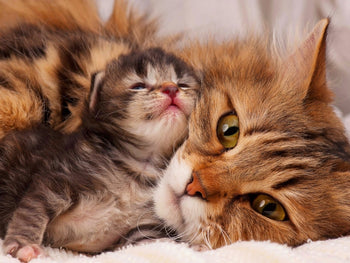When it comes to cats in general, most pet owners universally agree that their fluffy friend tends to act rather oddly from time to time. Nonetheless, in a couple of cases, strange behaviors in cats are early symptoms of serious diseases which require urgent attention. That means you should not underestimate the issue of "cat head shaking like Parkinson's", especially if your pet seems fine up until very recently. As with humans, the earlier you detect health problems in your cat and get it diagnosed, the easier the treatment. But what is the cause of the head shaking anyway? Is it possible for the vet to prevent future resurgent?
If you are searching for answers to questions above and information regarding the "cat head shaking like Parkinson's" issue, this article is for you. Down below, you would be introduced to everything you must know about the head shaking including potential causes and solution. Generally speaking, you could take care of any health problem in cats as long as you act promptly and decidedly. It's not difficult to keep your cat in good condition, you only have to pay attention. So just put what you learn here into practice and your pet would get back in shape in no time.
Common Causes Of Head Shaking In Cats
-
Infections
Once people fail to preserve the hygiene of their cats, the pets are vulnerable to infections in the external ear. Also known as Otitis Externa, such ear infections tend to generate a great deal of discomfort as well as pain. Because of that, cats would shake their head constantly attempting to get rid of the fluid inside the ear canal. After some time, the cat ears slowly turn red due to the inflammation and an annoying odor should follow shortly. In most of the case, you could even observe a black or yellow discharge from the ear of your pet. Fungus, bacteria as well as ear mite are the usual culprits when it comes to ear infection in household cats.
-
Oral Troubles
Since the mouth and the ear are connected with each other, problems in the mouth of your cat would cause it to shake its head. For most of the time, it's very simple for a pet owner to tell ear infections and oral troubles apart. When ordinary cats experience problems in their mouth, they exhibit a couple of signs like drooling, pawing and so on. In addition to that, oral troubles affect the appetite of the cat and loss of weight is an inevitable outcome.
Finally, the cat would likely neglect to groom because of the heightened sensitivity in the mouth. Pay special attention to these signs and you should be able to judge what is wrong with your fluffy friend.
Find some chewing toys to improve your furball's oral health on CattyBox!
-
Insulinoma
Normally, the purpose of the pancreas is to produce insulin but if a tumor comes into the picture, a condition called Insulinoma could take place. Insulinoma leads to the overproduction of insulin and needless to say, the cat ends up with low blood sugar (Hypoglycemia). A cat that is suffering from Hypoglycemia would often run into a wide variety of issues including disorientation, muscle weakness and then especially, head tremor. In a pinch, you could give your pet sweets in order to quickly raise the sugar level in its blood. Nonetheless, Insulinoma require comprehensive treatments so you have to take your cat to the vet.
-
Feline Infectious Peritonitis
Among the potential causes of the issue of "cat head shaking like Parkinson's", Feline Infectious Peritonitis (FIP) rarely happen to the average household cats. On the other hand, if you must take care of multiple cats (kennels, catteries,…), FIP is an ever-present threat. Once contracted, FIP would cause head shaking, bobbing and seizures. Currently, there is no definite treatment available for FIP aside from several methods used to extend the limited survival period. Fortunately, FIP seldom visits households that only contain 1 or 2 cats with a rather low mortality rate of 1 in 5,000 on average.
-
Spasticity
In the case your cat happens to be a Devon Rex, there is a chance that it's genetically predisposed to a condition called Spasticity. To put it plainly, Spasticity is, in essence, a muscle weakness condition that makes it hard for the cat to hold up its head steadily. As a result, the head of your pet would repeatedly bobble which often give the impression of constant head shaking. Spasticity could surface in Devon Rex kittens as young as 6 week-old and generally a substantial challenge to deal with. For instances, even swallowing is a complicated affair as Devon Rex cats with Spasticity could accidentally choke on the food.
Check us out for further astonishing cat tips & facts!
Diagnosing The Head Shaking In Cats: What You Should Do
After knowing the most common causes behind the "cat head shaking like Parkinson's" issue, you could more or less guess what you are facing. That being said, it's still strongly recommended that you take your pet to a veterinary clinic for thorough examinations. Only qualified vet with proper tools and gears could reliably determine the cause of the head shaking in your cat. Once the cause is identified, the vet would devise an appropriate treatment scheme base on the condition of your pet. In any case, don't buy random medication and give them to your cat as that can worsen the situation.
Types Of Treatments Available For Curing Head Shaking In cats
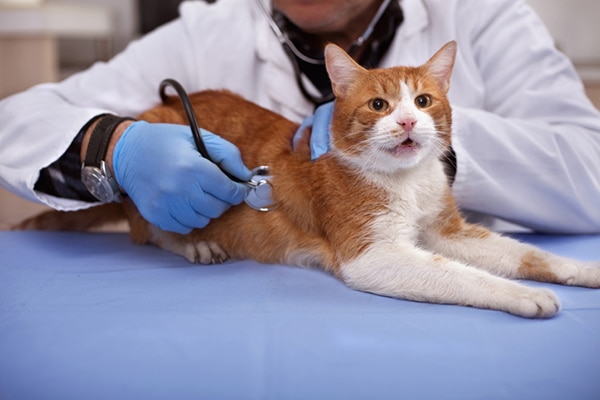
For most of the time, the preferred treatment method is medication, the vet would prescribe a couple of specialized medicine to deal with the symptoms. In certain cases, you have to change the diet of your pet in order to take account of the medication. However, if the situation already reaches a critical stage, surgery might be required to tackle the trouble quickly and effectively. That is why it's best to treat any problem as soon as possible so your fluffy friend doesn't have to go through surgery. While modern facilities and advanced techniques minimize surgical risks, accidents occur from time to time.
For more Cat's Health Guides and fun stuffs, please visit Cattybox!

